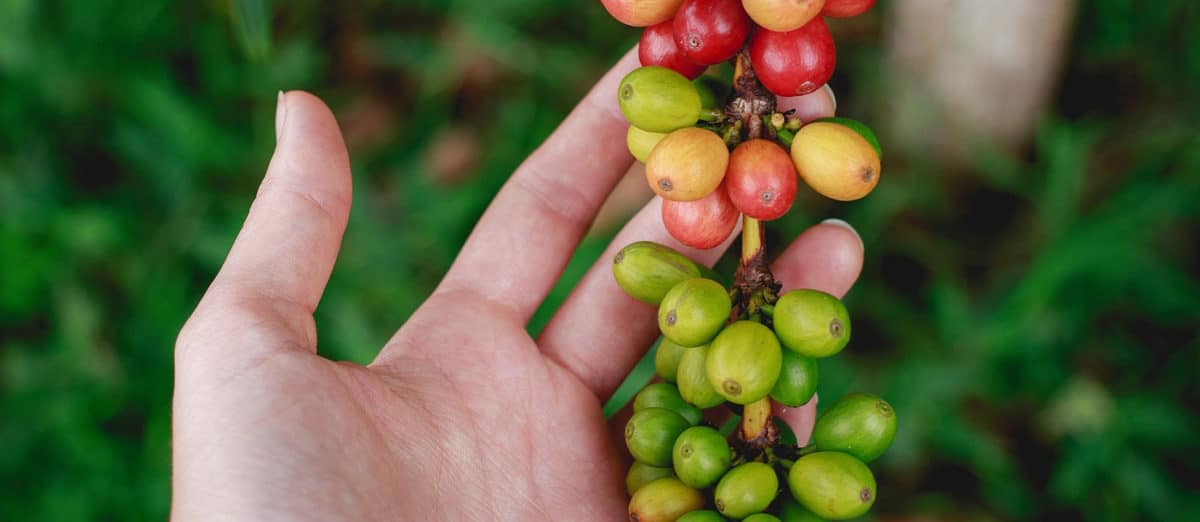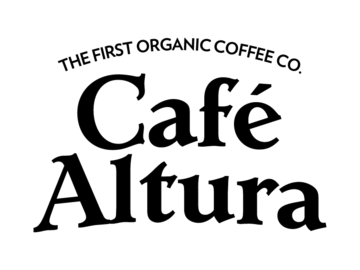
The Farmer Behind Every Cup of Cafe Altura Coffee
There are many variations to the morning ritual. Often, a cup of coffee is involved. And not only for Americans. Coffee consumption has never been more popular worldwide. It’s a market with high demand and it means billions of dollars a year for the big brands. With big money can come exploitation and corruption.
Before Café Altura and FairTrade Coffee
Café Altura was the first organic coffee supplier in the US. Our rules of conduct would later be mirrored by those of the Fairtrade initiative that began eight years later.
In 1980, when Café Altura was established, the exploitation of coffee farmers worldwide was at an all-time high. The way the system worked, and still does in some places, is that big plantations produce coffee in massive quantities and sell low, phasing out small farmers who can’t afford to sell at the fixed price.
The obvious consequence is the breaking up of smaller plots of land and, in some cases, ancestral farms. It causes the massive displacement of farmers who either go to the city or work in the same plantations that ruined them.
The consequences of this business model have been devastating to people and nature. Dispossessed farmers who protested have been brutally silenced by governments, corrupt officials and thugs that needed the millions of investment from the big companies.
The poverty of the farmers has been a breeding ground for criminality and terrorism. The natural world hasn’t fared any better. Pollution and land exhaustion have been the order of the day on big plantations.
A small farmer grows his crops in a smaller plot protected by natural hedges and dispersed with other crops, a system which has been proven to lower the chances of the crop being attacked by marauding insects and of spreading coffee diseases. Big plantations, however, are mile upon mile of coffee bushes closely packed together – a perfect buffet for parasitic insects and perfect for spreading diseases from bush to bush.
The cheapest monetary solution for the big producers is massive amounts of insecticide and cheaper labor costs to keep the prices down. The environmental consequences are felt for miles around the plantation as the poison and extensive amount of fertilizers seep into the water table.
Fairtrade: A Better Way to Get Your Coffee
As the eighties progressed, many voices started to speak out about the human and ecological cost of unbridled capitalism. Some coffee producers came up with a new concept of doing business. These were, for the most part, smaller coffee producers that were willing to forgo the astronomical short-term gains of business as usual, and think long term. Amongst the first was Café Altura.
The idea is both simple and rational. Eliminate the middle man and pay a better price. This maintains a profit margin, while also allowing for a clean conscience at the end of the transaction. This new approach seemed like lunacy to many. It has, of course, proven itself. Even the big brands have started marketing for Fairtrade and organic coffee.
What Fairtrade has Done for Coffee Farmers
The coffee farmers that supply Café Altura in Mexico are guaranteed a fair price for their crop under Fairtrade, allowing the farmers a sustainable way of life. It also keeps the farms in the hands of its traditional owner or owners.
Fairtrade reins in the desertification of the countryside and helps reduce social instability in the areas they operate from. It also helps combat corruption, since there are no middlemen involved. Farmers and cooperatives are paid individually. With a common cause and common self-interest, farmers tend to band together and protect each other from predatory officials and criminals.
The product itself is high quality since small producers work their own land, and are highly motivated to grow good coffee and protect their land from pollution and over-exploitation. After all, the land will be inherited by next generation and so must be protected. This is unlike the big plantations that see the land as more of a lease option until production rates drop and they move to a new location to start over.
The coffee is grown in one of the most luxuriant rain forests in Mexico with traditional methods and crop rotations. From beginning to end, the product is healthy and flavorful.
Also, part of the proceedings from every pound of coffee sold goes to finance local initiatives and projects to help uplift the local communities, such as the project “children of rural Mexico,” which helps preserve millenarian Mexican culture, traditions, and sustainable agriculture.
We hope that the next time you buy some coffee, you will think about who made what you’re buying and where it comes from. Consider Fairtrade as a healthier, more environmentally-friendly, and tastier option for your coffee.
